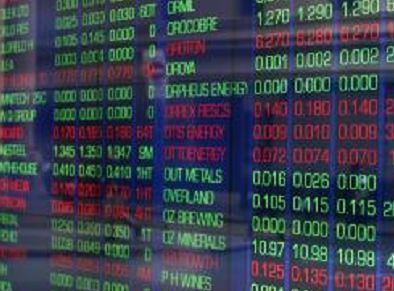
Britain’s trade gap widened to £4.2billion in November as the collapse in the value of the pound failed to significantly boost exports.
Figures from the Office for National Statistics (ONS) showed that the goods and services deficit – the gap between exports and imports – increased by £2.6billion from October.
The figures reflect a £3.3billion increase in imports, while Britain recorded only £700million of exports.
The ONS said: “The widening of the deficit in November 2016 is attributed to trade in goods in which there were increased imports from both EU and non-EU countries, partially offset by an increase in exports to EU countries.
Sterling fell on the news, with the battered pound down 0.47% to 1.21 US dollars on the day.
The statistics body also released data on industrial output, which showed more encouraging signs.
Industrial output rose by 2.1% in November, ahead of economists’ expectations, helped by an increase in oil and gas output and a 1.2% rise in manufacturing activity.
Senior ONS statistician Kate Davies said: “Today’s figures continue to paint a mixed picture of the UK’s economic performance. Production saw significant growth, mainly down to increased oil and gas output as the Buzzard field came back online along with a boost from the volatile pharmaceuticals industry.
“However, the trade deficit widened as imports of transport equipment, chemicals and portable computers helped eclipse rising exports, while falls in repair work and commercial building led to a small overall decline in construction.
Data out on Wednesday also showed that construction output in November contracted for the second consecutive month, falling 0.2%.
Howard Archer, chief UK and European economist at IHS Global Insight, said: “A mixed set of November economic releases for the UK economy, which on balance kept the economy in with a good chance of recording ongoing resilient GDP growth in the fourth quarter. We estimate expansion of 0.5%.
“Business confidence is likely to be hampered by mounting uncertainty over the Brexit process and slowing economic activity, constraining investment plans and limiting demand for capital goods. This uncertainty will likely be magnified once the government triggers Article 50 and negotiations over the UK’s exit from the European Union come to the forefront.”
On Tuesday, a forecast by the Centre for Economics and Business Research (Cebr) showed that the economy will grow at its slowest pace since the 2009 recession this year as soaring inflation and lacklustre wage growth bring an end to Britain’s consumer spending boom.
Recommended for you
